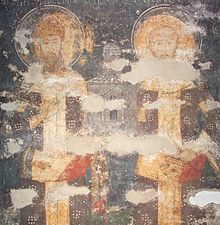I’ve been thinking; I really should use this blog a lot more.
So, every week on saturday, I’m going to write and article named Thinking on Fantasy to……. write down my thoughts on fantasy, or a specific part of fantasy.
This week, I’m going to look at the author Brandon Sanderson, and look at one of the most unique features of fantasy. World building.
Just a note: I’ve only read The Way of Kings and Mistborn: The Final Empire from Sanderson, so I’ll mostly be discussing those books.

Now a days, everyone’s heard of Sanderson. He’s finished Wheel of Time, started the Stormlight Archive, and seems to be one of the hottest new fantasy new authors.
And though I don’t think that his books reach the heights of A Song and Ice and Fire or The Kingkiller Chronicles, or even King of Thorns, I do really like his books. Perhaps even love them.
Anyway, Mistborn: The Final Empire and The Way of Kings both create lively worlds filled with some great characters (and some less great characters). But both of them go about this in rather different ways.
In Mistborn, a considerable amount of the world building comes from exposition from characters. You are TOLD the Lord Ruler saved the world a thousand years ago. You are told that life in the provinces are different from Luthadel, and that even a lower class person can live in comfort there. You are told that the canal system is efficient to travel by.
Obviously, you are shown a lot of things in Luthadel, but in terms of building up the edges of the map shown at the front of the book, very little is done in the first Mistborn. The other books probably expand on the provinces more, but the result in the first book of being told these things is actually good.
 That’s right, I’d rather be told some things than shown them. ‘Show don’t tell’ is more like a…… guideline for me, rather than an unbreakable rule. As long as you don’t go too overboard with it, I’m quite happy.
That’s right, I’d rather be told some things than shown them. ‘Show don’t tell’ is more like a…… guideline for me, rather than an unbreakable rule. As long as you don’t go too overboard with it, I’m quite happy.
That being said, my reasonings for liking being told some world building (like culture and history) is that it makes the main characters (Vin and Kelsier) seem part of a bigger world. They haven’t seen everything in the world. They have to be taught about the varying cultures and those little dots on the map that you never get to see. Furthermore, it also allows the imagination to fill in some of the gaps. You can imagine towns where rich Skaa (those are the lower classes in Mistborn) live in luxury, with as much disdain for the fellow man as Nobles are. You can imagine those barren plains of ash where no one bothers to farm it.
Way of Kings on the other hand, adds interludes as its primary means of world building (though it does have quite a bit of telling). You remember Shinovar because it’s cushioned away from highstorms (common natural disasters in Roshar). But imagine how much mystique it would have if you never saw it. It would seem like a mystical and hazy place on Roshar, where soldiers are lower than farmers, and strawberries can be grown.

Or if you hadn’t seen the Final Desolation in the prologue. Maybe you would feel more uncertain over whether it happened, and would actually doubt the coming of the True Desolation. You could feel the cynicism of the unbelievers and the need for faith for believers.
But Way of Kings does succeed in making the world feel diverse, full of life, and filled with strange things. Whenever I read about a distant land, I checked the map and tried to find it. It took me fifteen minutes to figure out that Selay was more an area than a nation. So obviously I care about the world of Roshar itself.
But there’s a final thing to note. Both of these books avoid info dumps.
Now, I’m going to pick of Metro 2033, a book that so far I’m enjoying a ton, but it’s first twenty pages are legitimately non-stop info dump. There are tiny little breaks, but that first part is just so….. dry. Very little plot movement, and a lot of information dumping. And it could have been so easily spread out!
So, do you like telling more than showing in world building? Or do you think I’m just completely wrong?
Comment/like, if you liked this article 🙂




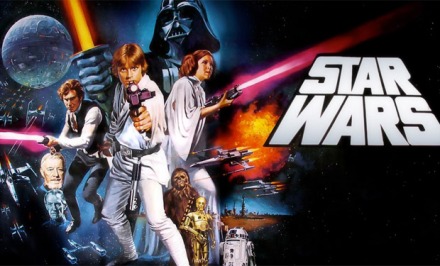
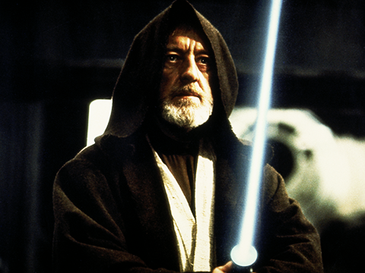

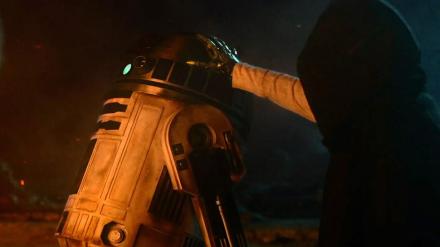
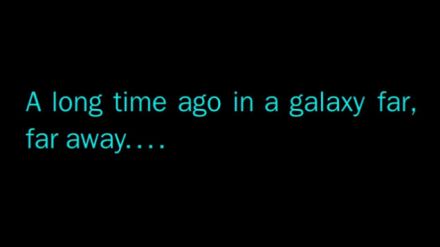

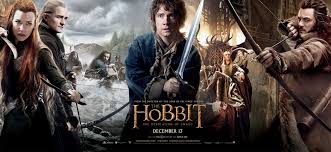
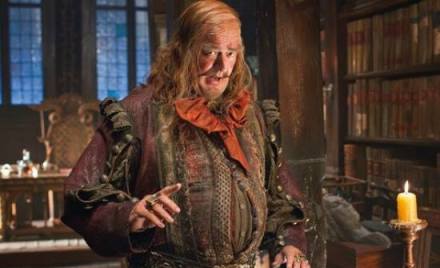

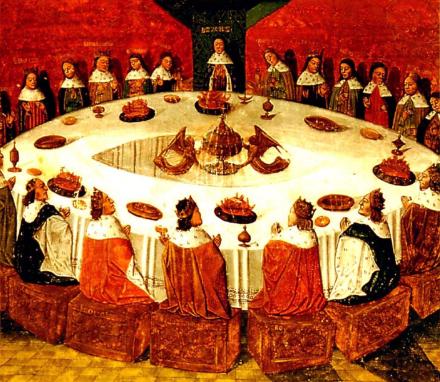
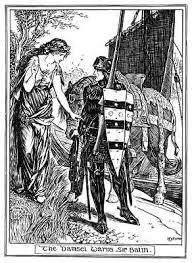 Now, I’m not sure if this was done on purpose, but The Death of Arthur is the most absurd and funny parody I’ve come across in a while.
Now, I’m not sure if this was done on purpose, but The Death of Arthur is the most absurd and funny parody I’ve come across in a while.
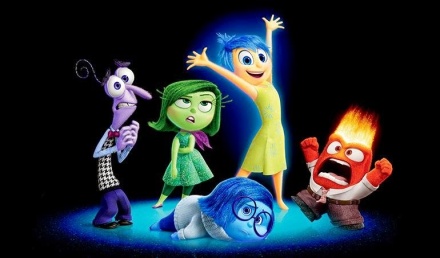

 .
.




 Don’t judge a book by its cover is a good saying, but this cover is just horrible. The newer one’s are better, but this cover……. *shivers*. I’m sorry, I just hate it.
Don’t judge a book by its cover is a good saying, but this cover is just horrible. The newer one’s are better, but this cover……. *shivers*. I’m sorry, I just hate it.
